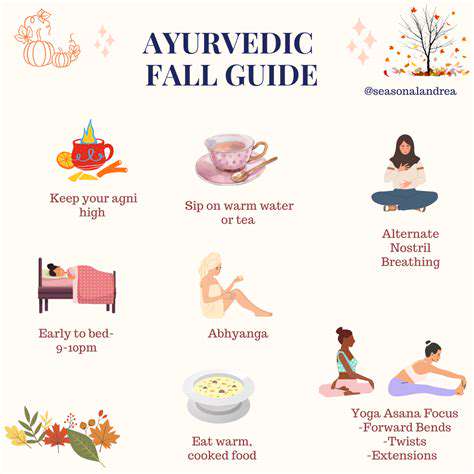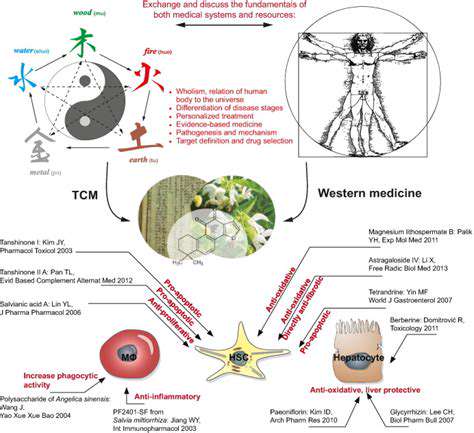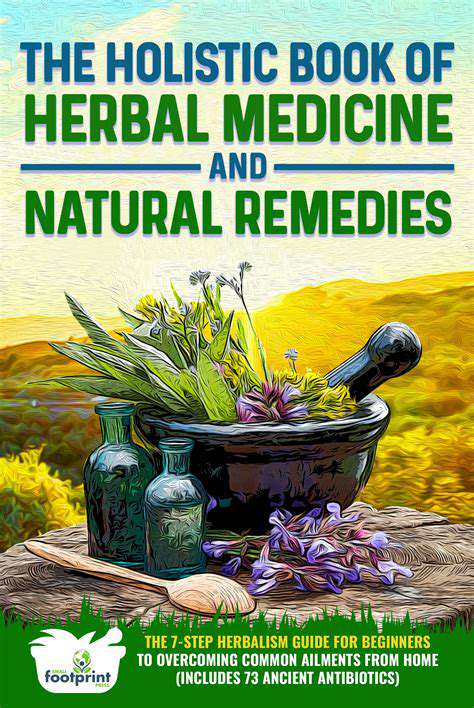Ayurvedic Remedies for Common Health Issues


Boosting Immunity with Herbal Remedies
Harnessing the Power of Turmeric
Turmeric, a vibrant spice deeply rooted in Ayurvedic traditions, boasts potent anti-inflammatory and antioxidant properties. Curcumin, the active compound in turmeric, has demonstrated promising effects in bolstering the immune system. Studies suggest that curcumin can help regulate the immune response, reducing inflammation and promoting the production of immune cells, which are crucial for fighting off infections. Incorporating turmeric into your daily diet through curries, teas, or supplements can contribute to a healthier immune system, supporting your body's natural defense mechanisms.
Beyond its immune-boosting properties, turmeric offers a plethora of health benefits. Its use extends far beyond culinary applications, with its potential to mitigate various inflammatory conditions and support overall well-being. This ancient spice, a cornerstone of Ayurvedic medicine, continues to captivate researchers and practitioners alike.
The Immunomodulatory Effects of Ginger
Ginger, a common culinary ingredient, is recognized for its remarkable ability to soothe digestive discomfort and its potential to support immune function. Research indicates that ginger's bioactive compounds may have immunomodulatory effects, meaning they can influence the immune system's response to various stimuli. This can be particularly beneficial in maintaining a healthy immune response, helping to prevent and manage infections.
The pungent aroma and flavor of ginger have long been associated with its medicinal properties. Beyond its role in boosting the immune system, ginger is known for its anti-inflammatory properties, potentially reducing pain and discomfort. It's a versatile herb that can be incorporated into a variety of dishes, teas, and even supplements, making it a convenient and delicious addition to a healthy lifestyle.
The Role of Ashwagandha in Immunity
Ashwagandha, an adaptogenic herb, is widely recognized for its ability to support the body's response to stress. Chronic stress can significantly compromise the immune system, making it more vulnerable to infections. Ashwagandha's adaptogenic properties help regulate the stress response, providing a vital buffer against the negative effects of stress on immune function. By promoting a balanced stress response, ashwagandha can contribute to a stronger immune system overall.
Employing Garlic for Enhanced Immunity
Garlic, a staple in many cuisines, is renowned for its potent antibacterial and antiviral properties. The allicin in garlic is responsible for its remarkable ability to combat a range of pathogens. By strengthening the body's defenses against harmful microorganisms, garlic supports immune function and helps maintain overall well-being.
Garlic's antimicrobial properties extend to various types of bacteria and viruses. Incorporating garlic into your diet, whether through raw cloves, cooked dishes, or supplements, can be a simple yet effective way to support your immune system. Its pungent flavor may be a deterrent for some, but the potential benefits are significant.
Other Important Considerations
While herbal remedies can be beneficial for supporting a healthy immune system, it's crucial to consult with a healthcare professional before incorporating them into your routine, especially if you have underlying health conditions or are taking other medications. Herbal remedies can interact with certain medications, and proper guidance is essential to avoid potential complications. Additionally, maintaining a balanced diet, regular exercise, and sufficient sleep are fundamental pillars of a robust immune system.
Understanding the specific mechanisms and potential interactions of herbal remedies is important. This knowledge allows for informed decisions and the safe and effective use of these natural aids to support overall health and well-being.












